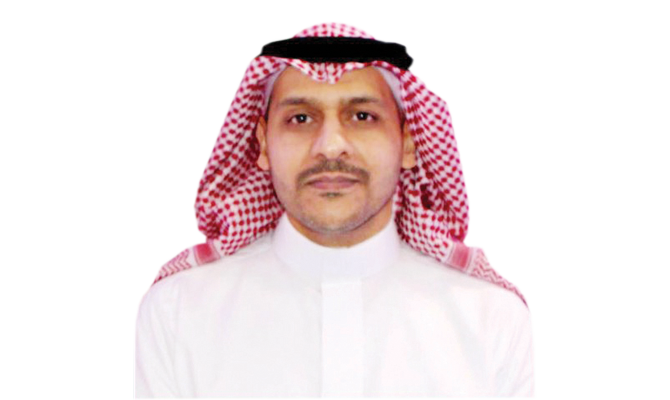Majid bin Abdul Rahim bin Salem Al-Ghanmi is the new deputy minister of labor and social development.
King Salman named Al-Ghanmi as deputy minister of labor and social development after relieving Dr. Tamader bint Youssef Al-Rammah from her post.
Al-Ghanmi has 23 years of experience in various international and local organizations, dealing with many fields including information technology, health care, telecommunications, manufacturing, banking services and aviation.
He holds an MBA and master’s and bachelor’s degrees in computer science from King Saud University.
Al-Ghanmi also worked for the Saudi British Bank, where he served as chief operating officer from 2006.
He held the position of director of general technology and services with the joint venture between the US-based company Computer Associates Software and Xenel from 2004 to 2006. Before that, he was director of integration of electronic services with the Saudi Telecommunications Co. between 2003 and 2004, and CEO of Cerner Projects from 2001 to 2003.
Al-Ghanmi also served as network and database manager for British Air Systems from 1998 to 2001. He was a systems engineer at Lucent Technologies from 1996 to 1998, and the owner, manager and agent of Jeppesen Sanderson, a company owned by Böning, from 1994 to 1996.




























